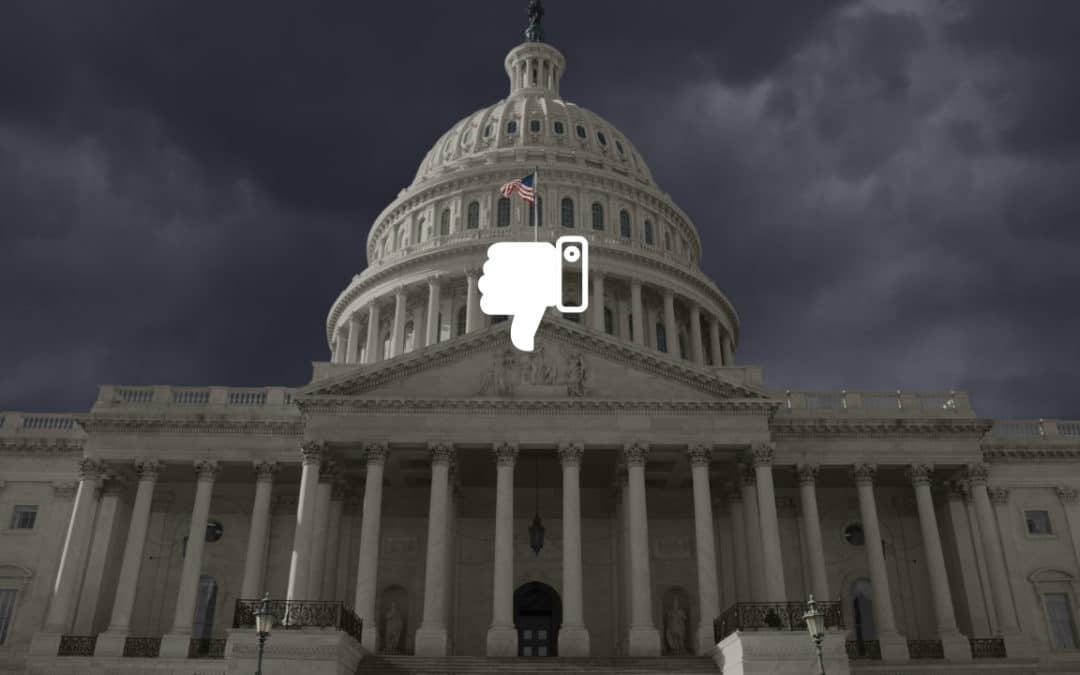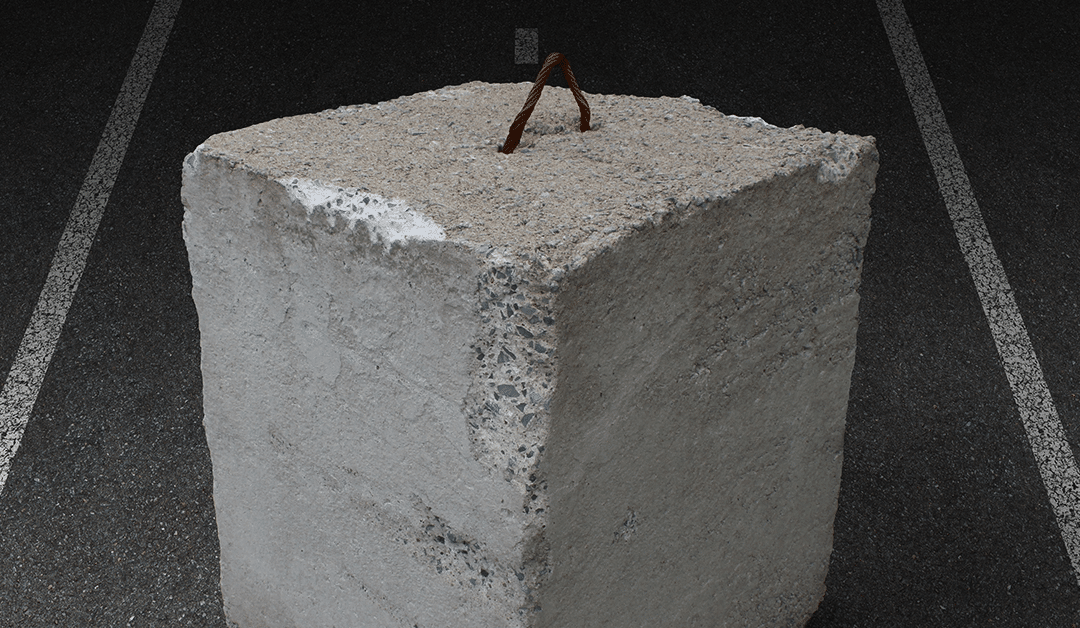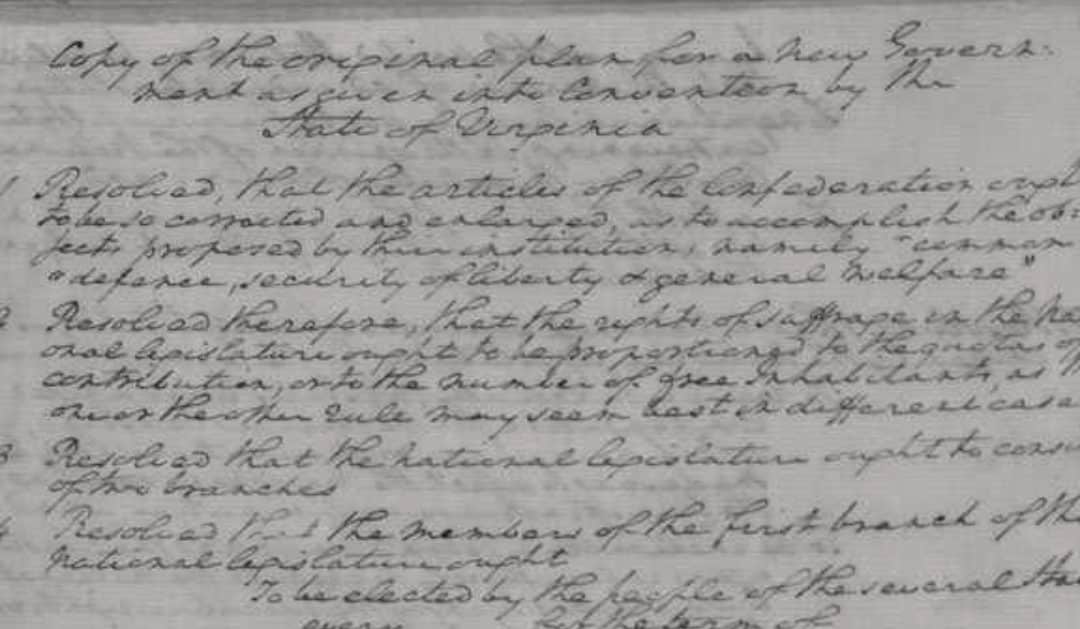


The Constitutional Case For Gridlock
These days, it is common to hear people criticize government on the basis that it “can’t get anything done.” Partisan gridlock is often raised as a culprit, and it is almost universally condemned by all sides. But the founders valued partisan gridlock as a roadblock...
